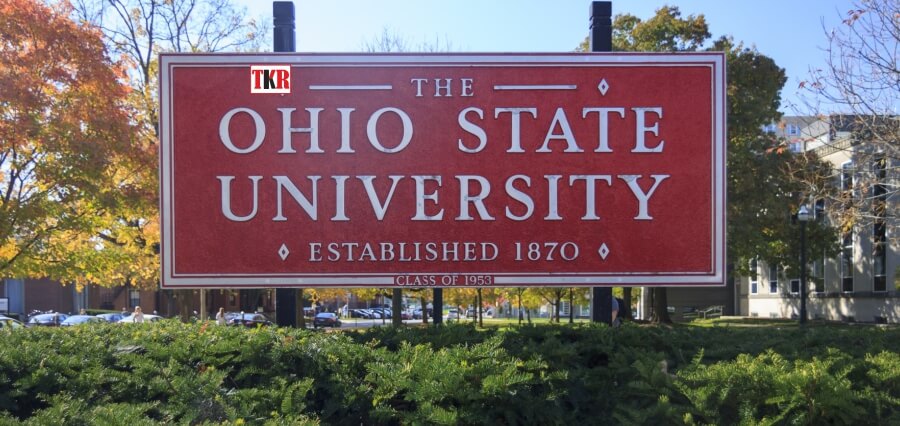The Ohio State University is launching a pilot program that will test automatic enrollment in its composting program for all resident rooms in the Smith-Steeb residence hall. The program aims to engage approximately 1,000 students living across 10 floors of the residence hall in composting efforts.
The pilot program follows the success of an opt-in composting initiative in 2022, which saw nearly 10% of students on the Columbus campus participating. The decision to scale up the program to a larger facility, like a residence hall, was driven by a desire to gather data on concerns such as odors, pests, and spills. The university wants to determine if the initiative will create additional work for custodial staff.
During the first year of the pilot, the university will focus on collecting data on metrics like trash diversion, bin contamination, and service requests. It aims to address concerns and educate students about the composting program through various methods, including QR codes, in-person training programs, signage, and video modules. Resident advisors (RAs) in Smith-Steeb will also be trained in the use of the composting bins to assist students.
The success of the program will depend on students keeping their bins clean to avoid issues with odors and pests. The university views this initiative as an important aspect of students’ overall learning experiences, as they often live independently for the first time and acquire new life skills together. While the composting bins are a new addition to residence halls, the amount of waste generated remains unchanged.
The pilot program is the result of student-driven advocacy for sustainability efforts, and the university acknowledges the crucial role of students in advancing such initiatives.
Tom Reeves, Student Life’s director of sustainability, emphasized the importance of collecting data to address concerns and ensure the success of the composting program, emphasizing the value of students’ voices in driving sustainability efforts.









